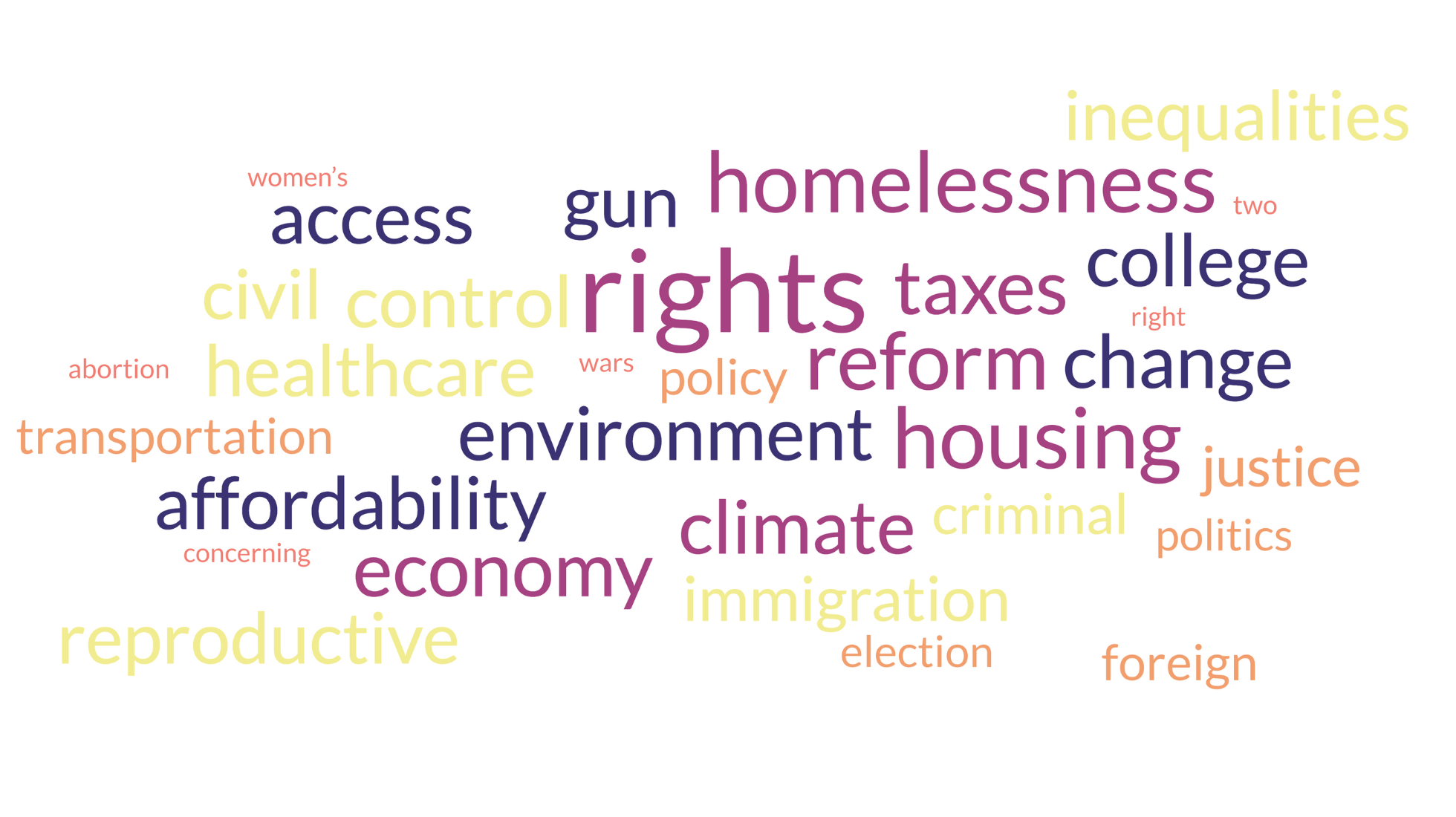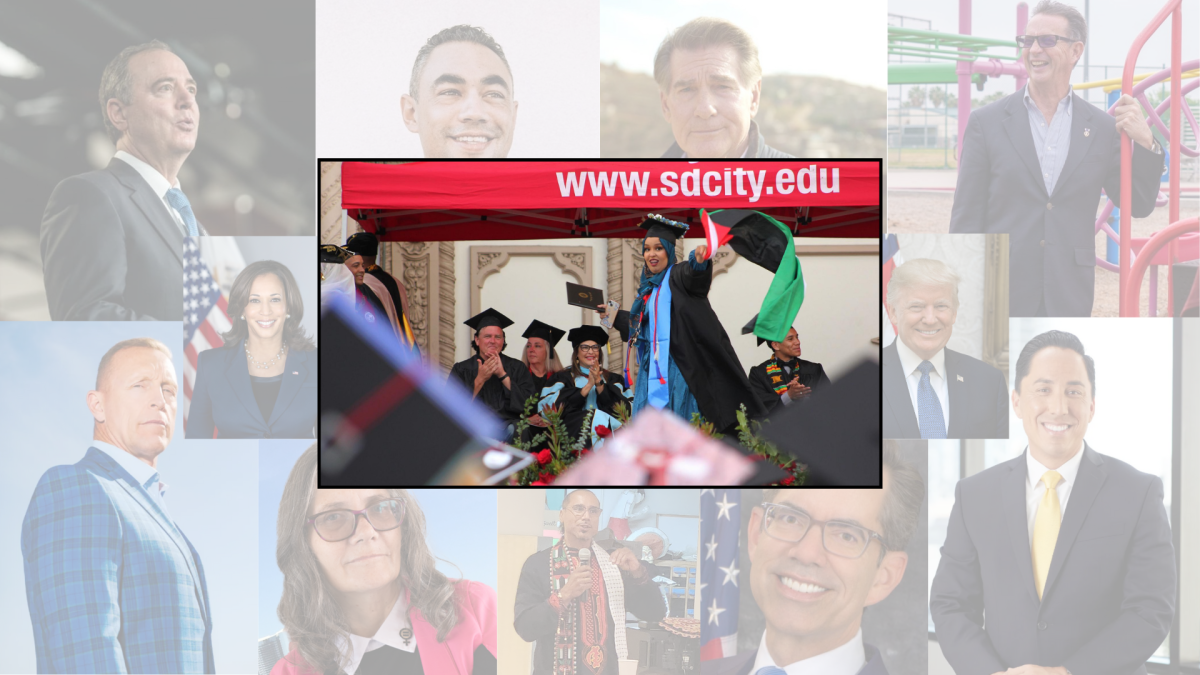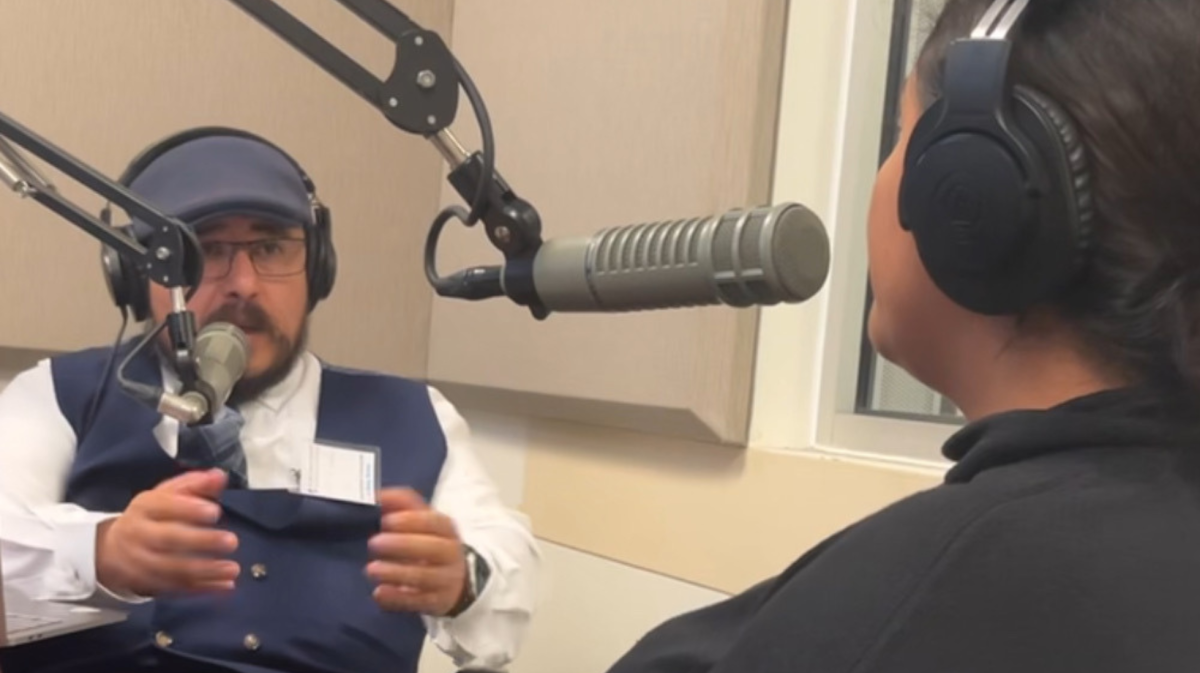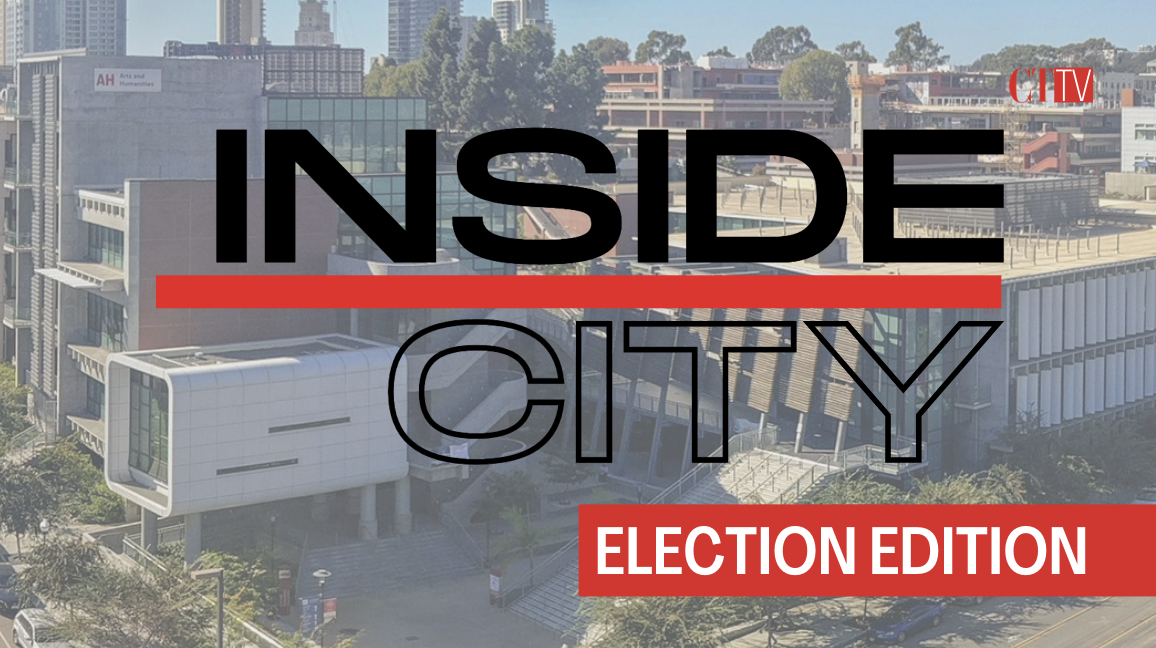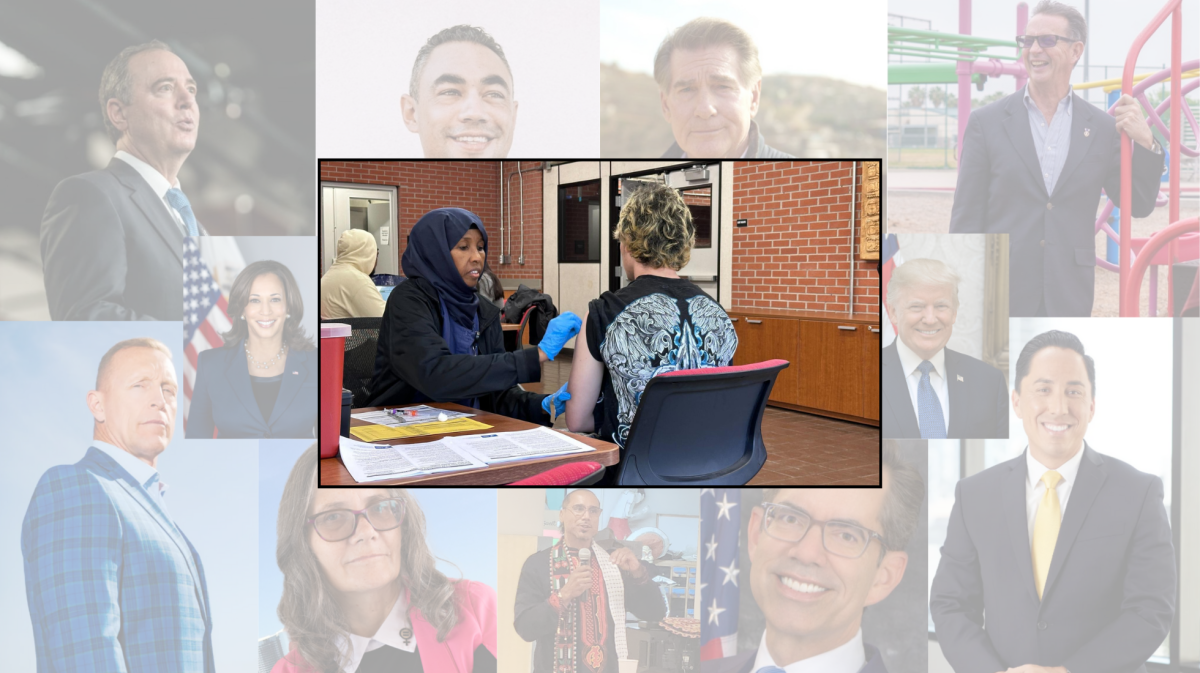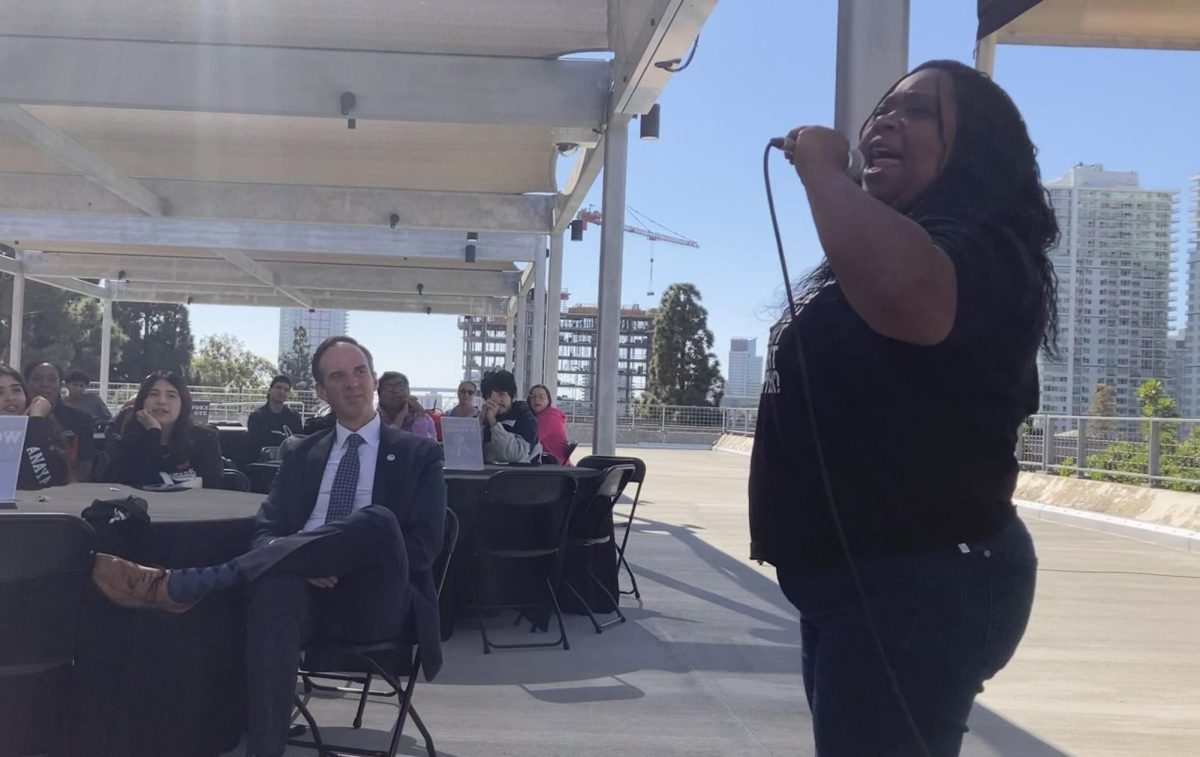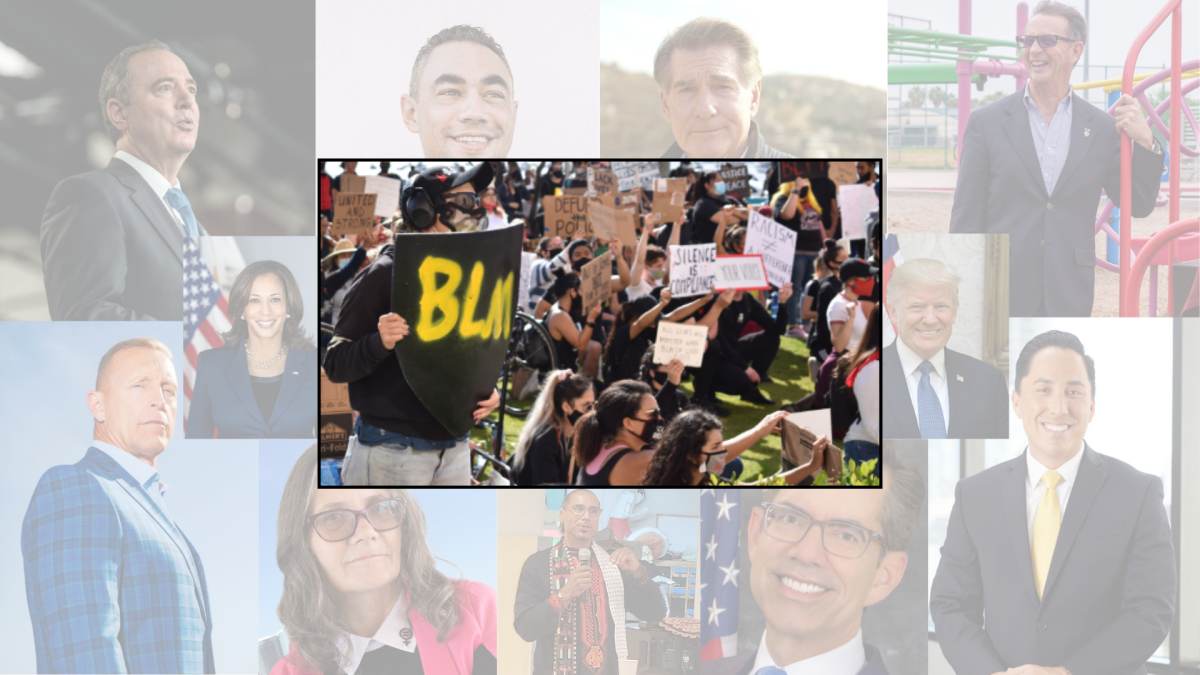Para leer la versión en Español, Haz clic aquí.
As the San Diego City College community considers the specific candidates, measures and propositions it will vote on in the November 2024 election, one person asks a more general question.
“Do you consider a better future for (all) generations when considering these important aspects of our government?” they asked.
City College stakeholders, which included student, faculty, staff and local residents from ages 14 to 72, recently shared their concerns through the City College Community Agenda survey forms available in English and Spanish.
The Community Agenda is designed to identify issues and elicit questions that City Times Media reporters use to engage political candidates and focus their election reporting. For more on where the Community Agenda comes from, click here.
After launching the Community Agenda survey forms on Aug. 27, CTM has received 109 new responses, in addition to the original 16, for a total of 125.
This latest update of the agenda has the issues organized based on the frequency they were chosen by respondents.
City College Community Agenda – Issues and Questions
The following issues include the number of responses and the percentage of the total responses per category, along with details, questions and comments.
Housing and Homelessness (78, 62.4%)
- “What is being done about the growing homelessness crisis? How are government-allocated funds being used to tackle this issue?” – Name not given
- “Do they have any plans to make affordable housing for students? – Sara Jauregui
- “How will our leaders make housing and home buying more affordable for young people?” – Quinn Welsch, 35, Cybersecurity
- “How will homelessness be dealt with?” – Gisel Salas, 18, Law
- “Homelessness is our need for our citizens.” – Hannah Hailu-Beyene, 73, Counseling
- “Can you please lower housing costs?” – Name not given, Cybersecurity
Economy and Taxes (65, 52%)
- “Will it be hard to finance to fix the issues?” – Name not given
- “What’s being done about inflation and cost of living?” – Name not given, Electrical Engineering
- “We need tax relief.” – Dora Mezz, 48, Director of Admission, Records & Veterans
- “When will our country be affordable again?” – Fatima, 19, Psychology
- “Would the economy change if you were elected?” – Dante Jones, 21, Art/Theatre
- “I would like to hear about financial issues facing young people in America. Debt, ballooning education costs and the lack of/high cost of housing have left many in our generation with a pessimistic outlook on life.” – Eric Kumpel, 28, Business
Climate Change and Environment (64, 51.2%)
- “How can climate change affect us?” – Name not given
College Affordability and Access (62, 49.6%)
- “I would like to hear about financial issues facing young people in America. Debt, ballooning education costs and the lack of/high cost of housing have left many in our generation with a pessimistic outlook on life.” – Eric Kumpel, 28, Business
Healthcare and Reproductive Rights (62, 49.6%)
- “Why do we value unborn children over those existing?” – Name not given
- “Abortion rights.” – Mia Brizuela, 18, Undeclared/Interior Design
- “Universal basic healthcare.” – Minh DF
Gun Control (61, 48.4%)
- “Specifically for gun control, how can these things be improved and solved to bring more safety to people?” – Teri Monte, 23, Theatre
- “What are they going to do about gun control?” – Name not given
- “What gun policy will be in place to reduce school (shootings)?” – Name not given, 29, Student services supervisor
- “What will you do (to) help address the gun violence plaguing our country and the direct impact on kids in schools?” – Marciano Perez, 55, Vice President, Student Services
Civil Rights and Inequalities (57, 45.6%)
Immigration Reform (48, 38.4%)
- “Would (there) be anything (DACA) to get citizenship?” – Name not given
- “What would you do about the border crisis?” – Max Murillo, 19, Engineering
Criminal Justice (40, 32%)
- “Absolute immunities.” – Michael Tatum, 27, Journalism/Communications
Foreign Policy (33, 26.4%)
- “How would they deal with the current conflicts as president?” – Meliane Stuart, 24, History
Transportation (32, 25.6%)
Election Reform and Politics (24, 19.2%)
- “No hate, no lies, no discrimination, accountability, stop leading like a child.” – Lori Oldham, 65, Student Affairs Coordinator
- “Both terrible.” – Valeriya Zinchuk, 23, Business Marketing
- “Anyone can talk about what their plans are, how do you plan to implement them? Do you have backup plans?” – Erica Palacios, 18, English
Where did the City College Community Agenda come from?
The City College Community Agenda is modeled on The Citizens Agenda, “a guide for generating more responsive, inclusive and useful news coverage for voters.”
New York University professor and media critic Jay Rosen and “social impact consultancy” Hearken developed it to improve political reporting by moving from a polling-centric approach to reporting on the issues important to communities.
The Citizens Agenda model of campaign reporting elevates the public and uses the newsroom as the public’s servant, a conduit and a translator between the public and the politicians they elect.
Can’t view this video? Click here.
City Times Media has specifically used the name “Community Agenda” instead of “Citizens Agenda” to reflect the importance of both U.S. and non-U.S. citizens in the San Diego City College community.

